|
Ibtisam Azem, The Book of Disappearance, Syracuse University Press, 2019. Translated by Sinan Antoon. The Book of Disappearance is an extraordinary novel that gripped me from the start and that I found equally painful and beautiful. Alaa's grandmother has passed. In his diary, he talks to her, reminding her her love for Jaffa, also known as Tel-Aviv, her memories of the city through its painful past. Alaa is also acquainted with his neighbour, a Jewish journalist, called Ariel. One day, Alaa disappears. All the Palestinians in Israel disappear. Their houses are empty with the TV set still switched on, their cells in high security prisons are empty. They are gone and no one knows why or how. DISCLAIMER: I'm not a Muslim and I'm not Jewish. I'm not Israeli and I'm not Palestinian. I'll probably say shit below. So I urge you to also check the review that made me want to read the book, written by a Palestinian (diaspora) and published in Strange Horizons that you can find here. Azem weaves many threads in The Book of Disappearance: you have Ariel's point of view, but also some chapters with the points of view of different Israelis, confronted to the disappearance, their thoughts, their reactions. Throughout, there's Alaa's diary and his dialogue with his dead grandmother. The novel opens with it and the first two chapters are from it. From the beginning, they seized me with their beauty, the lovesong they were to a Mediterranean Arabic city, and the deep melancholy that emanated from them. Alaa's voice is the only Palestinian voice you hear in the novel, and pretty soon you realise his voice isn't in the instant, it's a relic from a man who isn't here anymore. There's a beautiful parallel in that: the man who is gone, locked in a one way dialogue with his grandmother who is gone. Two disappeared voices. Some of the chapters were extremely brutal and difficult to read. In particular, I'd quote the sadistic guard who realises his Palestinian prisoner has gone, or the old man who had been a soldier and who is angry at a Palestinian woman who has disappeared before he could say sorry to her, despite the fact he had had many decades to do it and never did (TW: rape). Azem has done a remarkable work with the chapters with Ariel's point of view. He thinks of himself and tries to project the image of a "good" Israeli, he has Palestinian friends after all. Yet, as we delve deeper into his thoughts, soon the dissonance between his actions and what he thinks himself to be appears. Alaa and Ariel are, of course, the strongest characters because they're the two you spend the most time with, but even the characters that you meet briefly are believable and drag you into their thoughts. The last chapters are somehow muted. No grand revelation, no heroic charge, just tiny creeping moves, some literal, others metaphorical, that had me shouting "He is not! He is effing not doing that!" (He did.) at the ereader. Azem realises here a literary tour de force with something so incredibly subtle and yet incredibly poignant and violent. The Book of Disappearance also departs from many literary dystopias which often fall into the trap of spending too much time explaining their world. She shows us the result of a simple, inexplicable fact through multiple charaters and in doing so bares naked some hard truths. To say that this book profoundly moved me is an understatement. Azem writes extraordinary prose, lyrical when talking about Jaffa, simple yet eloquent to underline the cognitive dissonances or the violence. The Book of Disappearance ends at the eleventh hour. So don't expect a neat resolution. But in that openness lies also what you want to read into it. I wonder what people who wouldn't have my biases would read into it? Would they see what I saw? Azem's writing is so subtle that maybe they'd find themselves nodding along as lives, land and voices are taken. The Book of Disappearance is a must read. As I said opening this review, it is both equally painful and beautiful. If you give it a pass, you'd miss a major novel of our times. If you've liked The Book of Disappearance, you may also like
Comments are closed.
|
All reviews are spoiler free unless explicitly stated otherwise.
I only review stories I have liked even if my opinion may be nuanced. It doesn't apply for the "Novels published before 1978" series of blog posts. Comments are closed, having neither time nor the inclination to moderate them. |
WHAT IS THE MIDDLE SHELF?
The middle shelf is a science-fiction and fantasy books reviewS blog, bringing you diverse and great stories .
PLEASE SUPPORT AUTHORS.
IF YOU LIKE IT, BUY IT. |
ON THE MIDDLE SHELF
|
KEEP IN TOUCH WITH THE MIDDLE SHELF
|
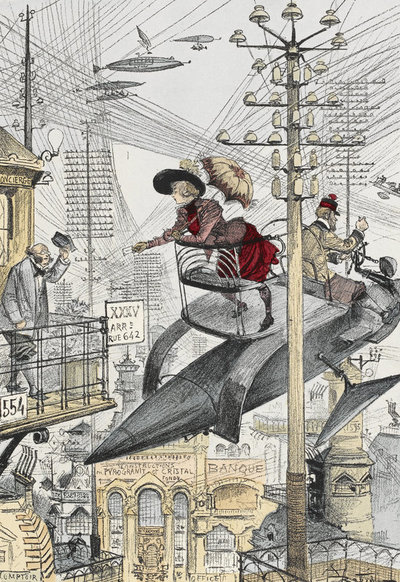
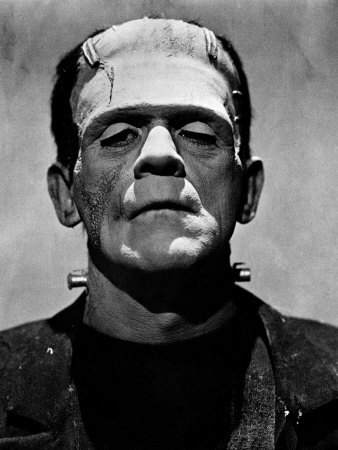
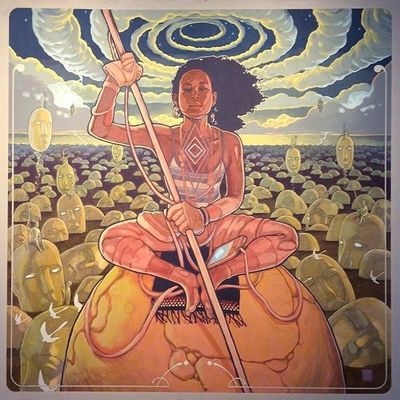

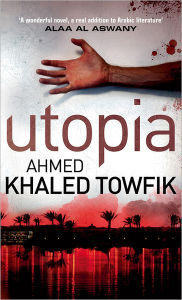
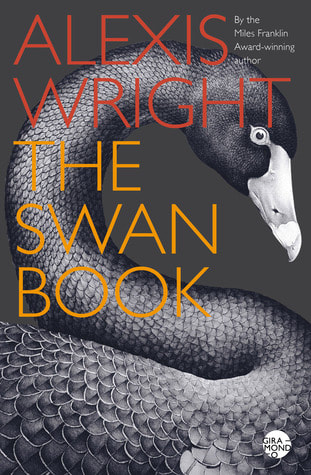
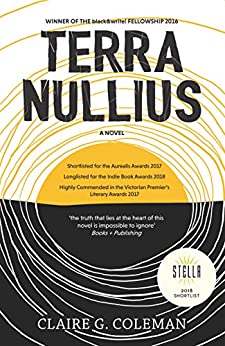
 RSS Feed
RSS Feed
